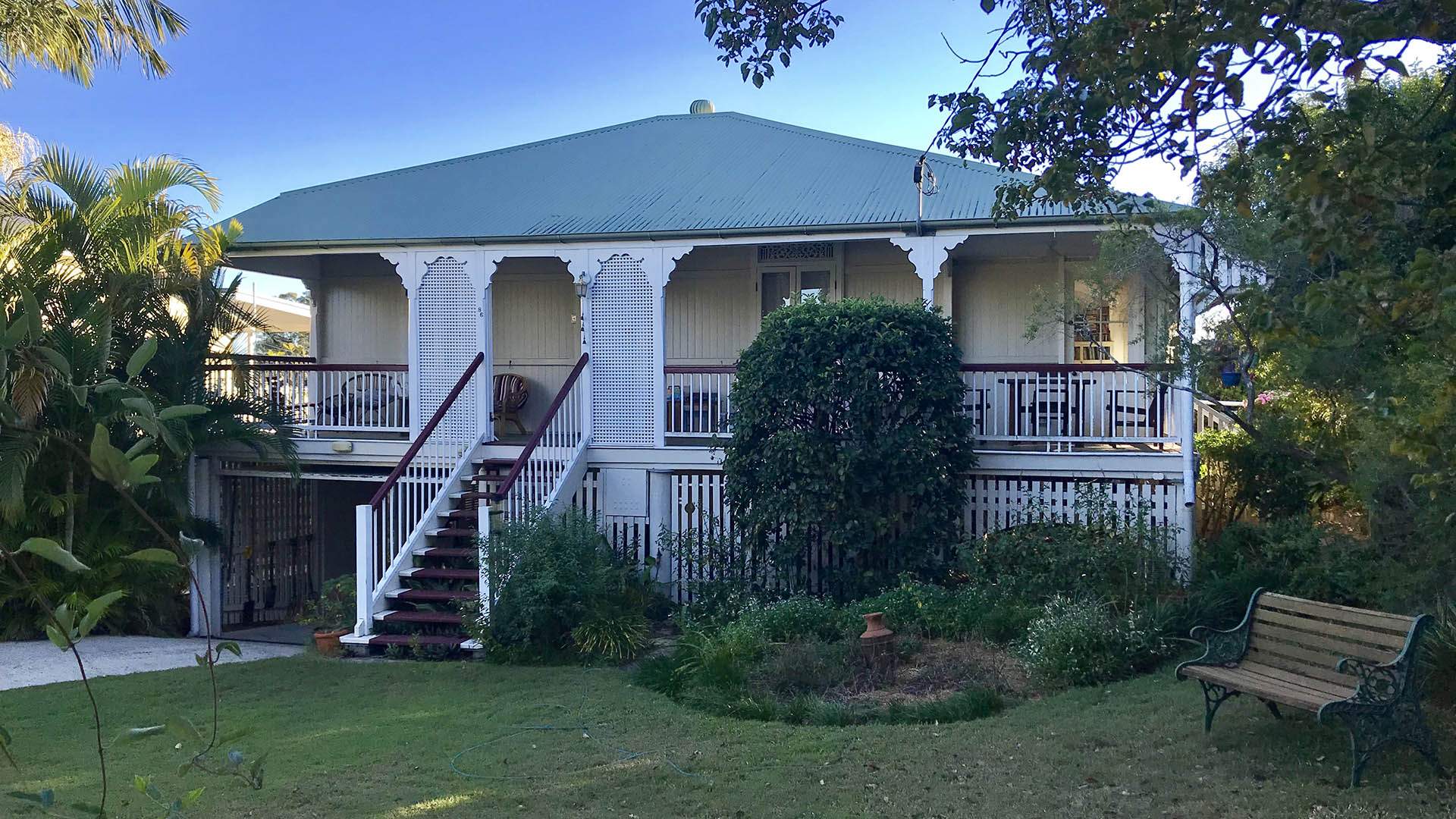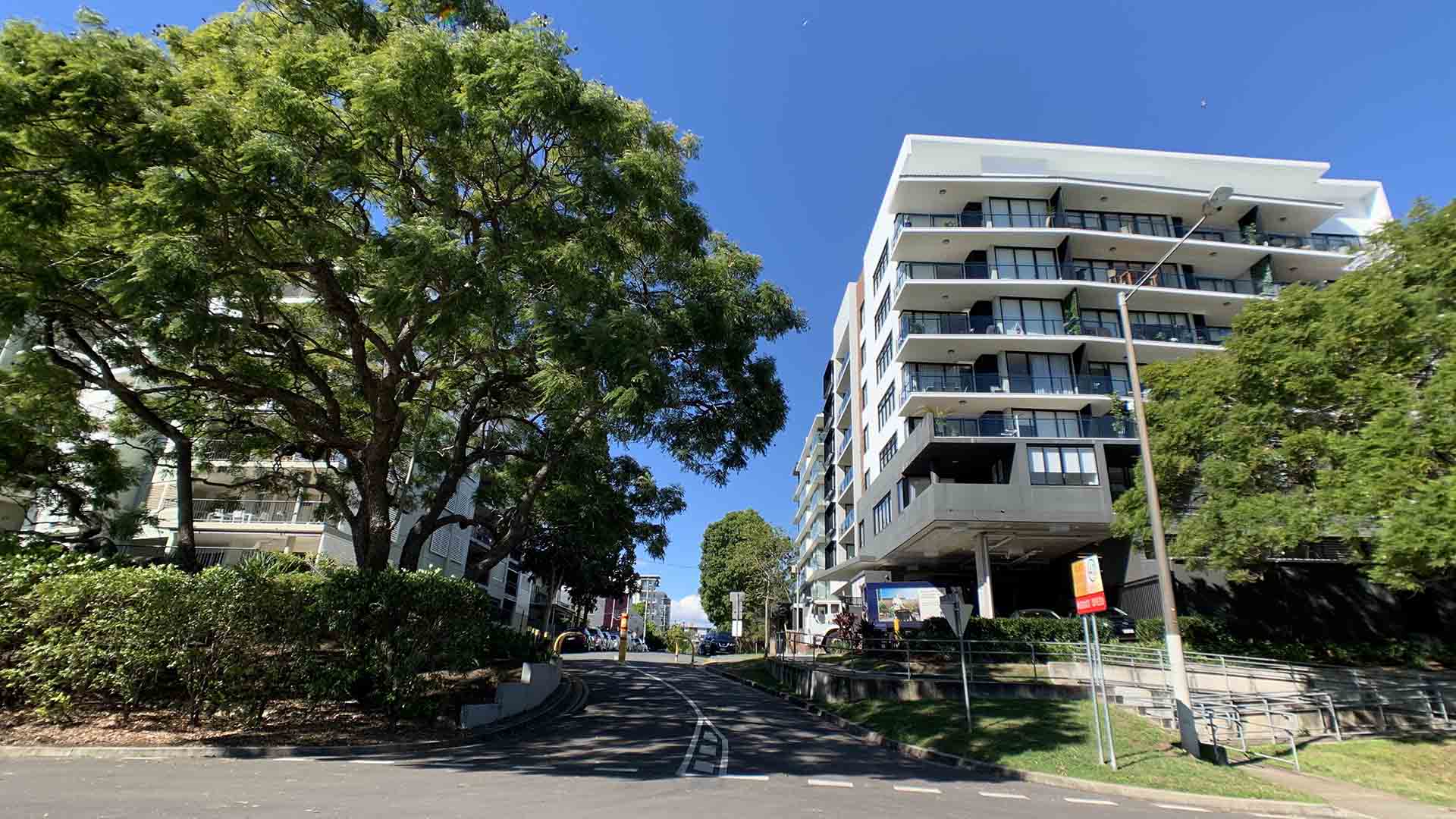The Queensland Government Has Outlined Plans to Make Renting in Brisbane Slightly Less Painful
Hanging a picture on your wall or welcoming a pet into your home might soon become much easier.
For many folks, renting is one of life's unpleasant necessities, and it comes with plenty of grief. If you've ever been forced to beg your landlord to fix faulty lighting (you know, so you can see at night and generally live in a safe environment), then you'll understand. But in good news, the Queensland Government's plans to shake up the state's tenancy laws is progressing to the next stage.
The review has been underway since September 2018, when it kicked off with a nine-week exploration of existing tenancy legislation — the first step in the first major examination of current laws since the 70s. The government then announced the key findings from more than 135,000 responses, and has now synthesised those results into a proposed way forward.
Given that 34 percent of Queensland households are rentals, the main points shouldn't come as a surprise to anyone. Pets and making minor changes continue to be hot topics, as everyone who has ever rented would expect — and the outlined changes address these areas. Overall, three key areas have been identified for reform: protections for those renting with pets, safety and security, and protection against domestic violence. Specific details of the proposed changes are outlined in the Qld Government's Consultation Regulatory Impact Statement.
Among tenants surveyed last year, many reported that it was difficult to find a property that accepted four-legged creatures. As detailed in CRIS, landlords will need to "have reasonable grounds for refusing a tenant's request for a pet" if new laws are enacted — so they can't just say no on principle. Those grounds include "unacceptable risks to the condition of the property or to health and safety, [if the] rental property is unsuitable for the type or pet, or [if] keeping a pet would contravene a law or managed community by-law or rule", which isn't necessarily clearcut, but the aim is to make it easier for pet owners to rent overall. Property owners will be allowed to mandate the payment of a separate pet bond if they approve the request, and require pest control and professional carpet cleaning at the end of the lease.
Many respondents to 2018's survey also said they'd like to be able to hang pictures or affix their furniture to the wall without it being a hassle. From the landlords' perspective, they'd like to approve changes to their properties, make sure any modifications were safe, and have their houses returned to their original condition when a tenant leaves. This area falls under safety and security, with the CRIS recommending that any minor modifications — "alterations that can be reversed, do not permanently alter the rental property and do not require building or other approvals" — for safety, security and accessibility reasons should be able to be implemented without asking permission. Renters would still need to inform their landlords, though, either before or as soon as practicable after the changes are made.
For other minor modifications, including personalising the property, and installing energy- and water- efficient amenities, renters would have to ask first — but if you don't receive a response in seven days, permission would automatically be granted.

kgbo via Wikicommons
In helping to protect against domestic violence, the CRIS recommends improving the legislation to help victims — especially when it comes to leaving a property. The suggested amendments would allow tenants "with evidence that they are experiencing domestic and family violence to exit a tenancy with seven days' notice". They'd be able to leave immediately after giving notice, with end-of-tenancy costs capped to the seven-day notice period.
The proposed changes extend further, also suggesting the implementation of new reasons for legally ending tenancies on both sides. Something that you'd think should've been taken care of by now, aka prescribed minimum housing standards for rental properties, is also recommended — specifically covering weatherproofing and structural soundness, plumbing and drainage, security, the standard of repair of fixtures and fittings, control of pests and vermin, ventilation, lighting and privacy, and cooking and food preparation facilities.
The Qld Government is now asking for feedback on the CRIS via an online survey or written submissions, giving the community a six-week timeframe to tender their thoughts. Afterwards, it will move to progress with implementing the above changes via legislative amendments, including to the Residential Tenancies and Rooming Accommodation Act 2008.
Then, the government says it'll move onto the next stage of the reforms — which'll look at areas such as balancing a tenant's privacy and right to enjoy a rental property with a landlord's requests for entry; reviewing bond, rent and tenure settings; improving the accountability and conduct of property managers; and improving dispute resolution systems.
For more information about the potential rental legislation changes, or to provide feedback, visit the Queensland Government's Renting in Queensland website.
Top image: Apartments in West End, kgbo via Wikicommons.





